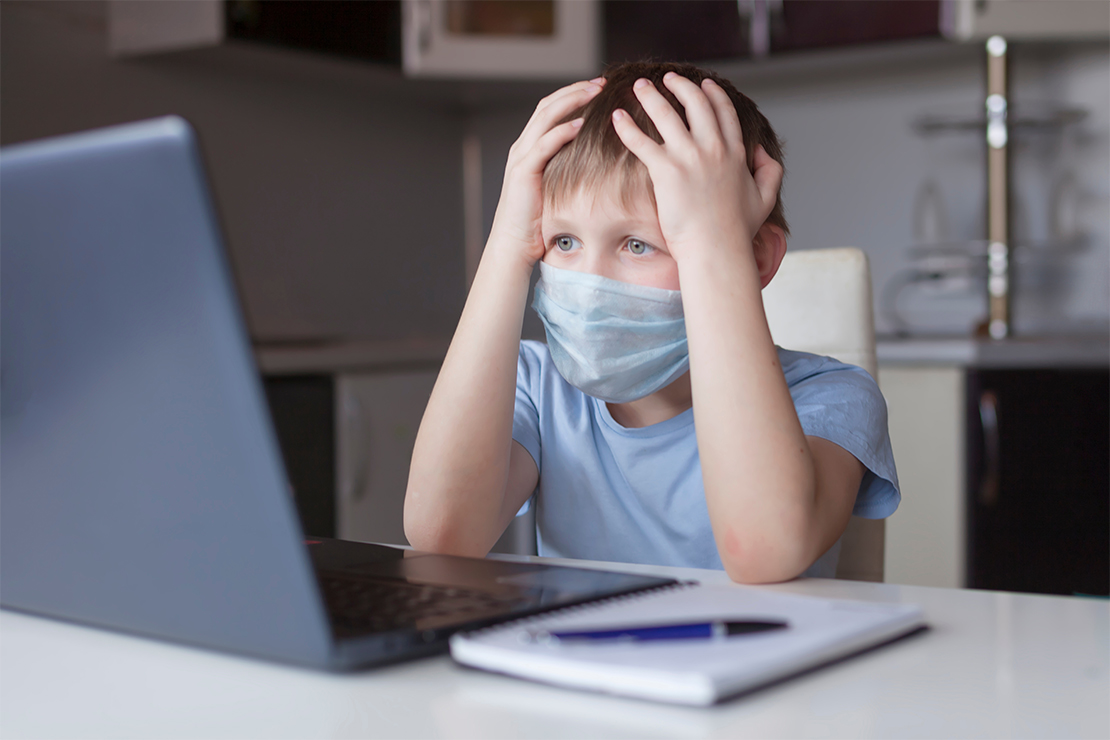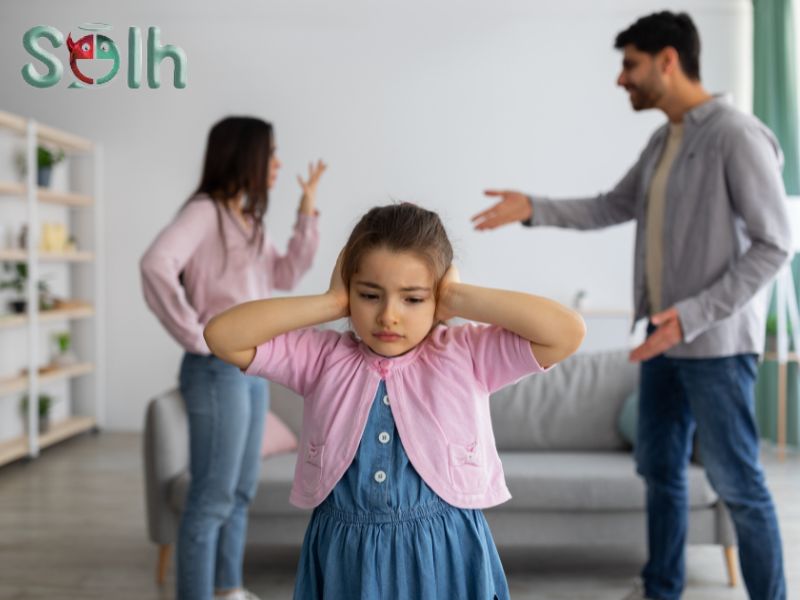Since January of 2020, when the World Health Organisation (WHO) declared the COVID-19 outbreak as a global health emergency, the lives of billions of people worldwide have been struck by it. There has been a massive change in the way we live, in comparison to what life was before. Staying home at all times, wearing masks, being extra cautious of maintaining constant cleanliness - this has become the “new normal”.
One section of the population that will probably face the effects of this pandemic on their overall development for years to come is young adults and children. According to a report by UNICEF, even before COVID-19, children and young people carried the burden of mental health conditions without significant investment in addressing them. The situation has only worsened from here.
Childhood and adolescence are the prime time to develop one’s social skills and learn to handle emotions in a healthy way. But in a world where you can’t meet your friends, go to school, and are constantly stuck at home, your social life and associated development are bound to take a hit.
Increased screen time, little to no socialisation, living in a state of fear and panic, and constant uncertainty are just some of the many challenges the pandemic poses for children.
In such times, the role of caregivers and other adults in a child’s life becomes important. It becomes essential for parents and teachers, among others, to keep a lookout for how their kids are doing. If they sense any signs of distress, helping the child feel at ease once again should be made a priority.
Signs of distress to look out for include:
- High irritability
- Loss of appetite
- Irregular sleeping patterns
- Social withdrawal
- Poor concentration
Looking out for signs of mental distress in children and acting to counter them at the earliest can substantially help in helping children stay psychologically well. If unattended, the distress can take the shape of serious mental health concerns and cause problems for the child in the future.
Remember, mental illnesses don’t have an age limit to them. Anyone, be it a child or an adult, can suffer from mental health issues. A little care, for your child as well as for your own self, can go a long way!



